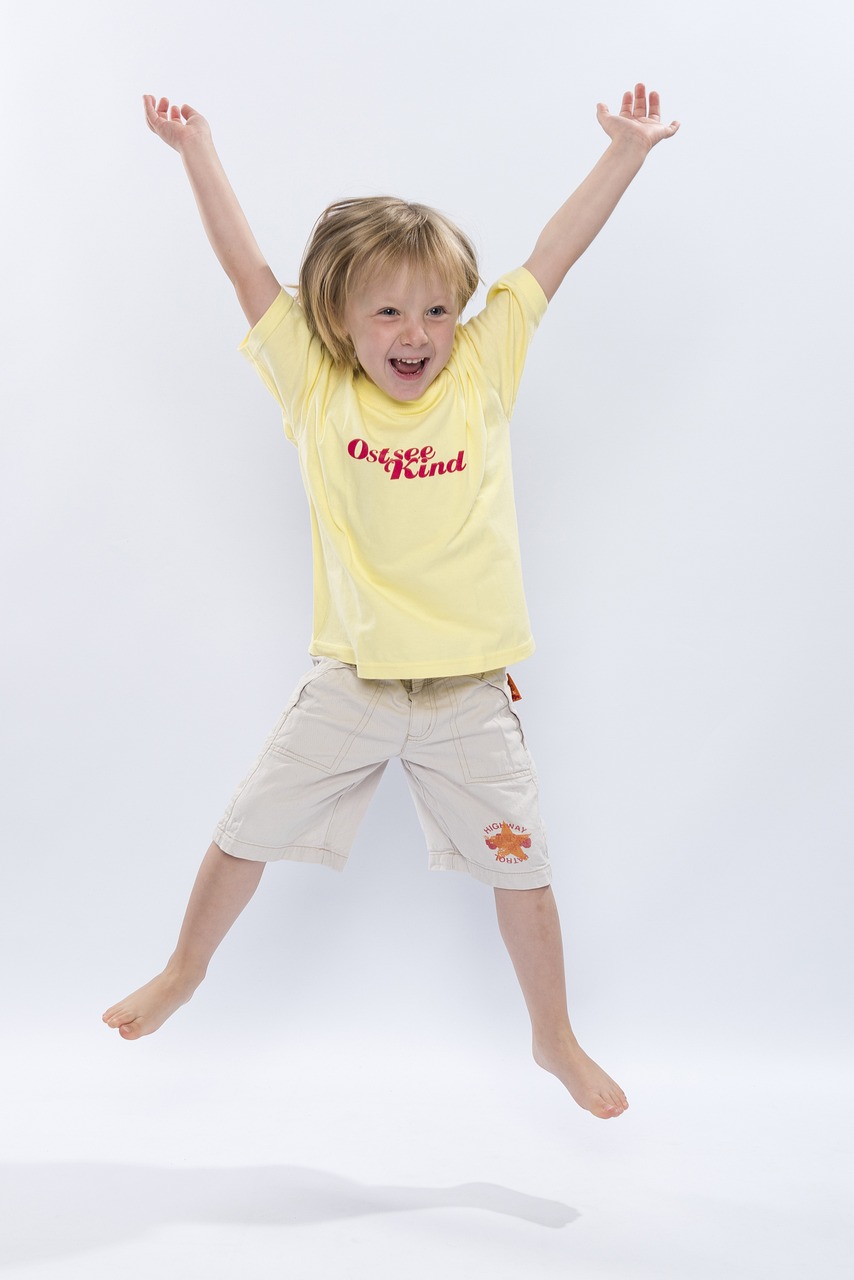![]()
A new reality show called Teach premiered on A&E on October 1. It follows Tony Danza as he enters the teaching profession as a high school literature teacher, with no prior teacher training.
I was fully prepared to dislike this program, as the preview indicated it would be another feel-good show about a former actor getting a chance to make a difference in young people’s lives. Why, I thought, aren’t they featuring an excellent non-celebrity teacher? But I was pleasantly surprised.
Teaching is a hard profession. It’s even harder if you want to be good or excellent at it. The show does a good job of portraying the real struggles that real teachers face: students who don’t understand what you are teaching, guardians who are in your face about their children’s needs, the demands of a curriculum and needing to differentiate your instruction to meet very diverse learning styles, administrators who bring you into their office for “the talk” about problems in your teaching, and more. It’s enough to bring even the strongest to tears, and I was glad to see the show doesn’t gloss over the pain and struggle of that first year of feeling so inadequate.
Tony’s tears and statements that “I’m not sure I can do this” are feelings I’m sure every teacher can relate to. In once scene, a special needs teacher told Mr. Danza that 100 teachers in their district had already dropped out of teaching in the first week, and she was glad he wasn’t one of them.
Danza clearly has a good heart and wants to do well by the students. However, experienced teachers will cringe at many of the novice mistakes he makes, ones that could have been avoided had he attended a good teacher training program and had an experienced mentor. For example, when he wants to talk to a girl about her poor performance, he does so in class, in front of her peers (and the camera), and he does so too long. Talk about embarrassing – no wonder the girl shuts down and escapes as soon as she can! Tony, you have to keep it real but light, and never in front of the friends. Avoid embarrassment and shame above all.
Another major misstep is how he handles special needs requests. The coach and administration try to push him into allowing students to go to the resource room on request by explaining the legality question. If the students request to work in the resource room, they have to be allowed to go. Danza doesn’t understand and instead keeps trying to build their self esteem, viewing them as lazy and able to achieve more if they only try.
The legality argument does nothing to convince Danza. The only thing that works is a special meeting to explain special needs. Towards the end, Tony is handed a piece of paper to complete. The page has text with mixed-up and backwards letters, as well as some non-words. When he is told that this is how some students see the text he is giving them, the penny finally drops, and he sees how wrong he has been.
If you would like to see this for yourself, there is a good introduction from the University of Essex that includes several reading comprehension tests simulating different types of dyslexia. I remember my special needs classes and how simulating life with a learning difference enlightened me before I ever entered a teaching situation. Without that kind of experience or training, teachers can do more harm than good, as the show demonstrates.
So is it a good idea to feature a reality show about a celebrity-turned-teacher? In this case, I think it is. Danza is personable, comfortable with the camera, able to be honest in front of others and on camera, and has the name to draw watchers. I can only hope that seeing some of his difficulties may show some of the non-educators who create education policy what teaching is actually like. Of course, they would probably think they would do a much better job. Who doesn’t, until they are tested?
